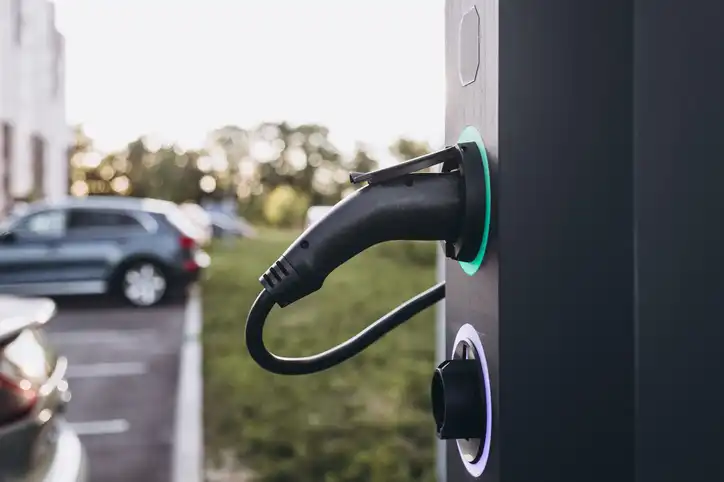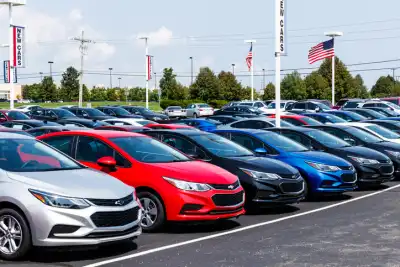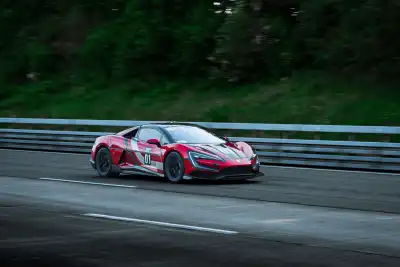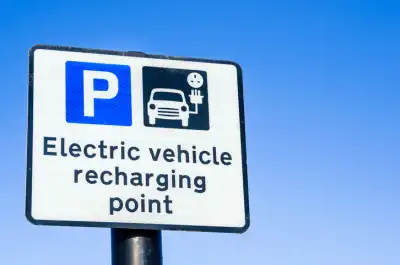
Two-thirds of EV drivers say they’ve had to wait over 10 minutes at public chargers in the past year, highlighting ongoing problems with Britain’s charging network.
Direct Line polled 1,000 EV owners and found the average delay is 22 minutes, though some drivers reported waiting up to two hours at busy motorway service stations during holidays. Issues are made worse by non-EV drivers parking in charging bays or EV owners leaving their cars in the spots without charging.
Nearly three-quarters of drivers said they’ve seen chargers blocked by empty cars, while 64% complained about faulty or out-of-order devices. Unsurprisingly, 80% now plan longer trips around where they can drive without needing to recharge.
Matt Pernet from Direct Line said: "Reliable and accessible charging is crucial for confidence and convenience among EV drivers."
Which? echoed the concern, noting that while EVs themselves perform well, poor public charging is a major barrier. Around half of non-EV drivers say weak infrastructure puts them off buying an electric car.
Delvin Lane, CEO of InstaVolt, added: “We empathise with EV drivers who experience challenges when charging.
"Across the UK there are now more than 84,000 public charging points, with the network growing by around two new chargers every hour.'
Government plans and reality check
The Government aims to ban new petrol and diesel cars by 2030 and recently announced £63 million to boost EV infrastructure. Part of this fund supports innovative cross-pavement chargers for homes without off-street parking and new road signs pointing to charging hubs.
But industry figures show a slowdown in installations. In the first seven months of 2025, 10,519 chargers went live, about 50 per day, down from 54 per day in 2024. At this rate, the 2030 target of 300,000 public chargers looks difficult to hit.
Quentin Willson, former Top Gear presenter, said the Government needs to reassure drivers that they can actually charge their EVs before expecting a full switch.
High EV costs and patchy charging are also hitting demand. The Government’s new Electric Car Grant offers up to £3,750, but current eligible models only get around £1,500 due to strict sustainability rules. Meanwhile, the introduction of a £195 annual car tax for EVs hasn’t helped.
The Department for Transport defended the effort, saying: "We're investing over £4billion to accelerate the switch to EVs.
"With a further £63million confirmed in July for charging infrastructure and nearly 20,000 public chargers added to the network last year, there's never been a better time to switch."




